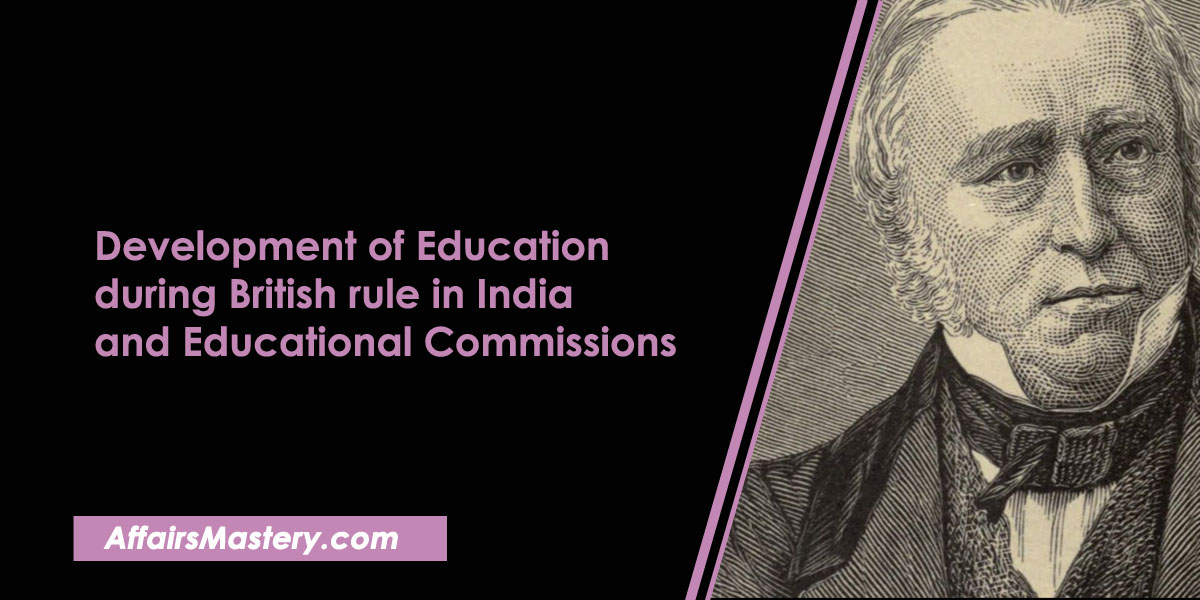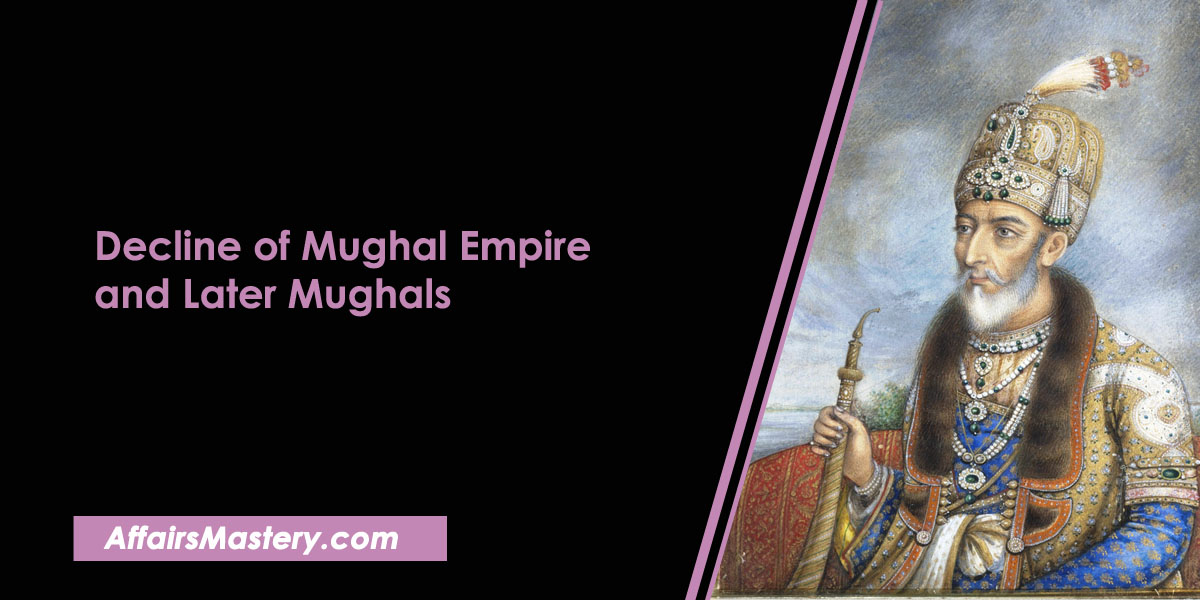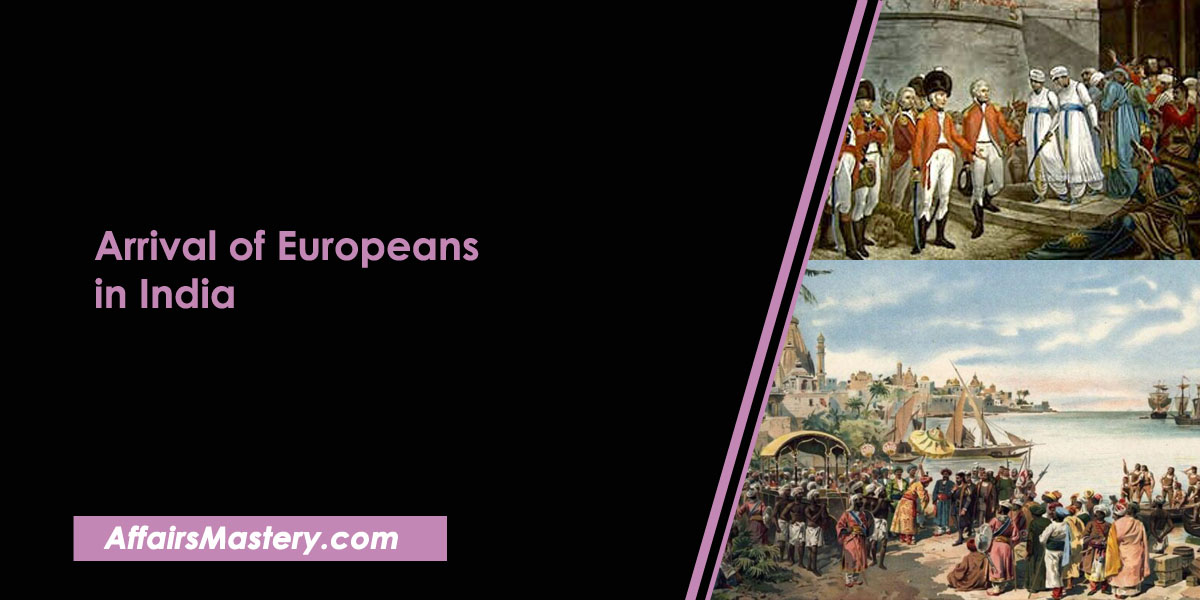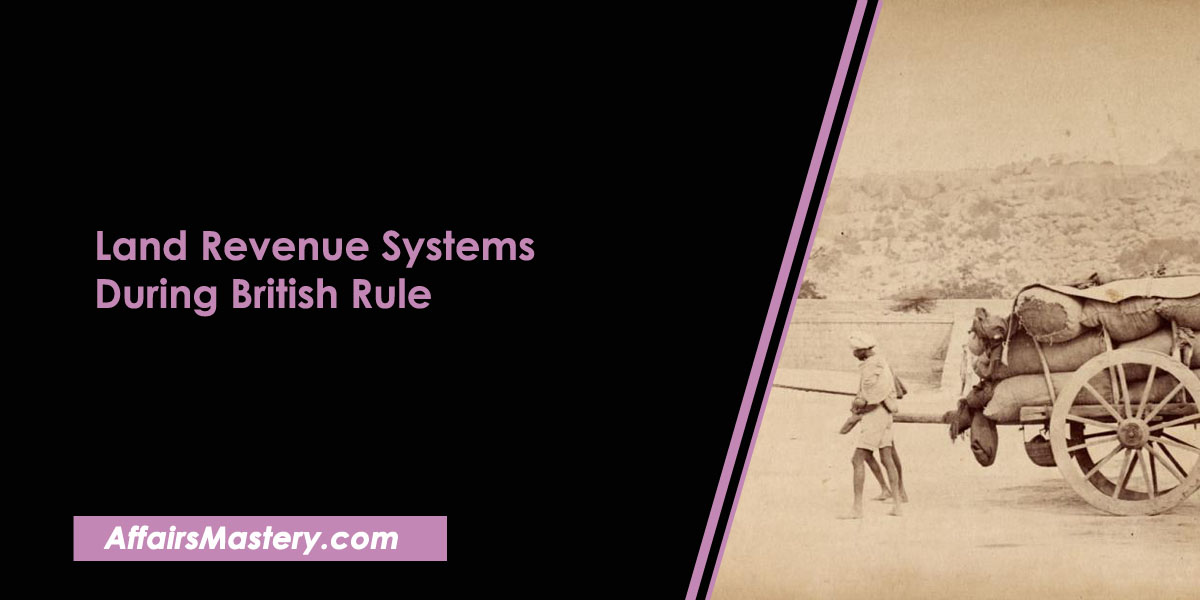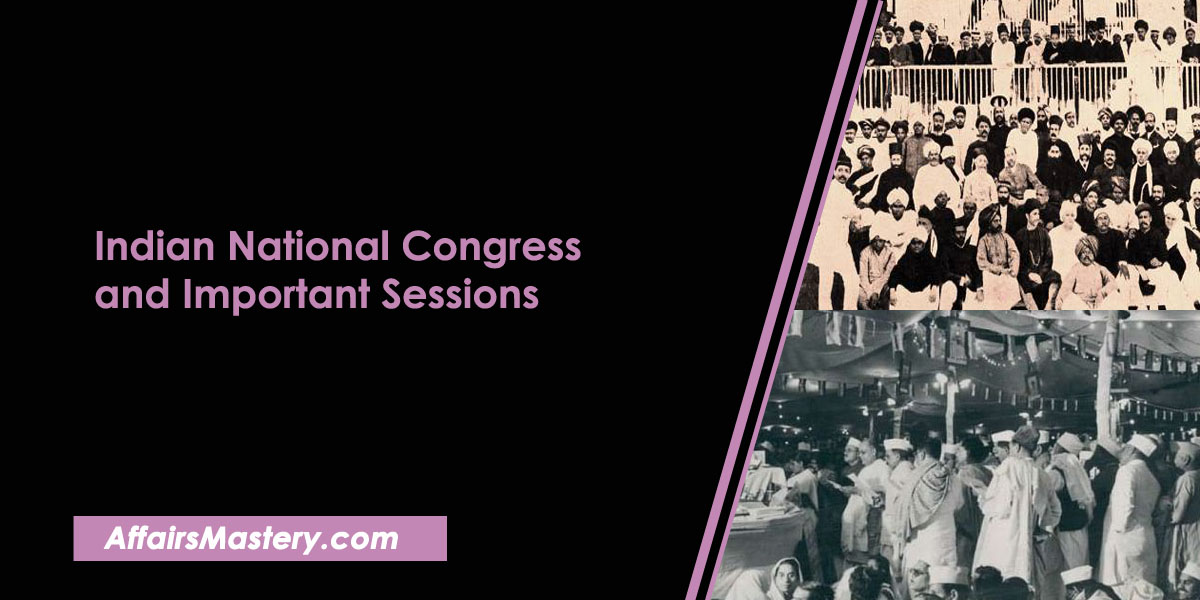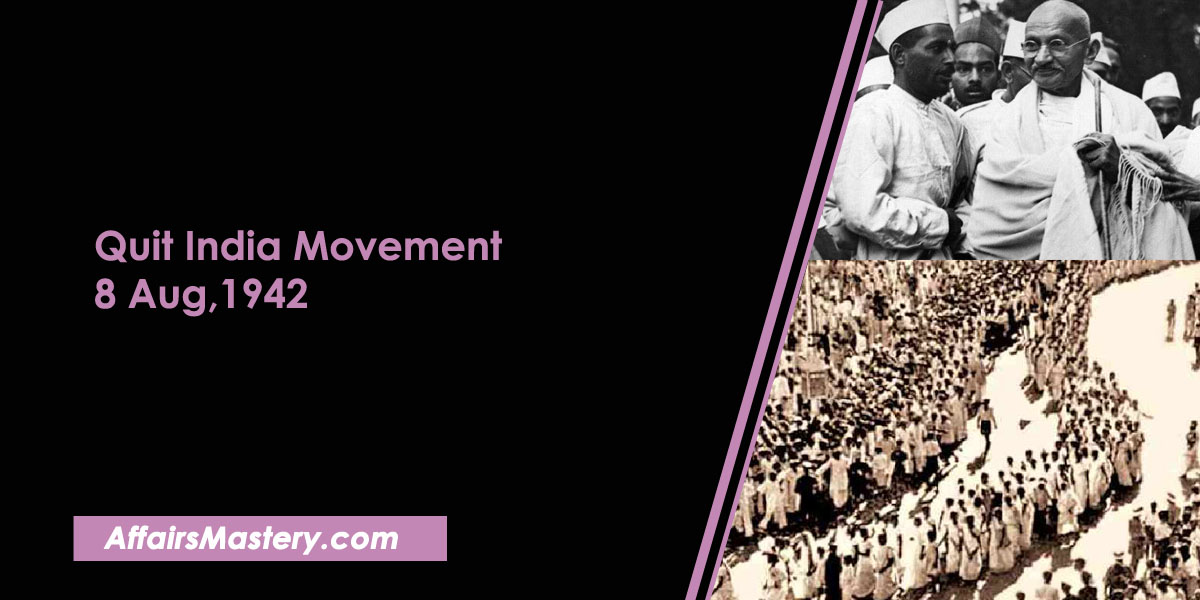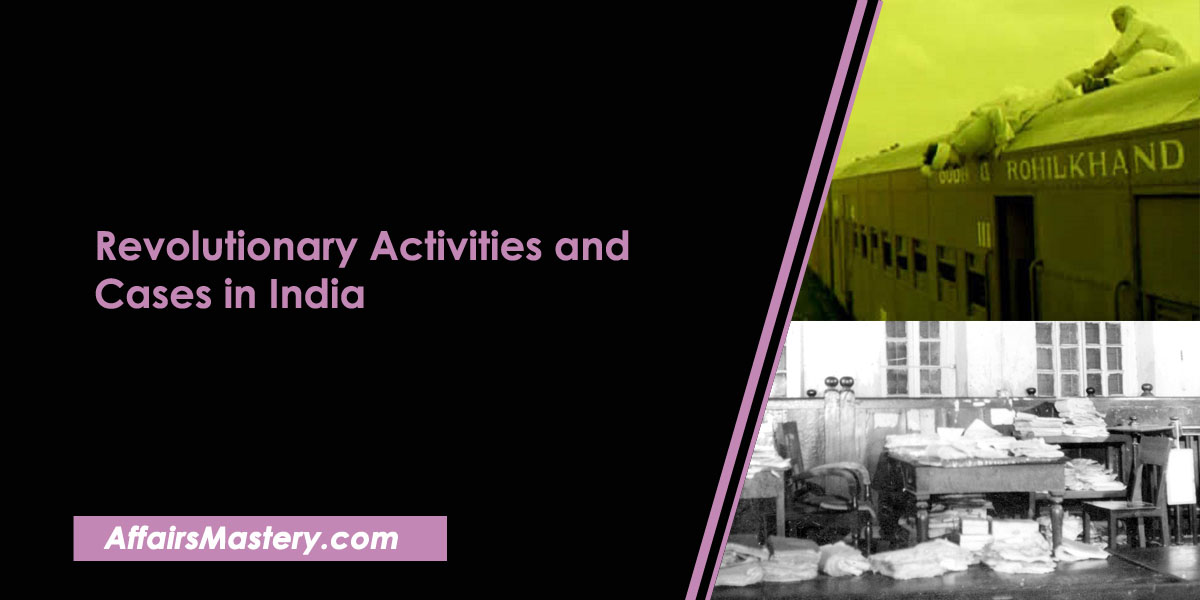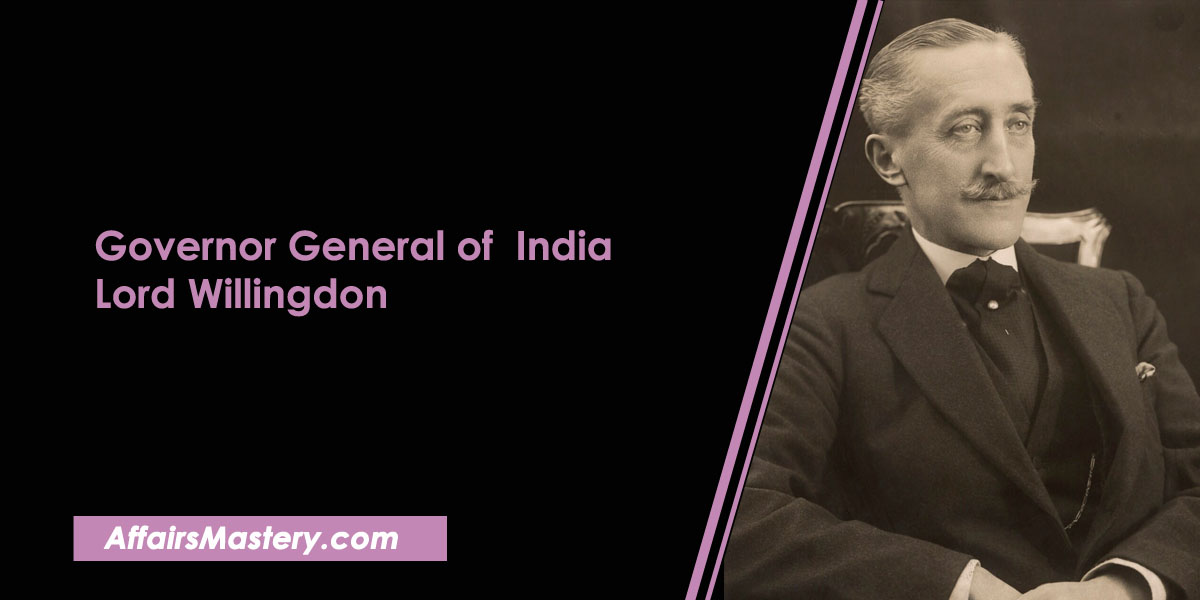Development of Education during British rule in India and Educational Commissions – Important Short Notes
Development of Education during British rule in India and Educational Commissions. The British period had a significant impact on the future of our nation, leaving behind many developments that shaped its destiny and provided guidance for further progress after independence. The developments that occurred in the fields of education and governance during colonial times were largely driven by their interests, but they had both positive and negative effects on society.
Even though the British had their own motives in introducing modern ideas such as liberty, democracy and nationalism to India, a group of educated Indians used these concepts to liberate themselves from colonial rule. Important Short note for various exams.
From the perspective of an examination like Civil services, State exams, SSC, Banking, Railways and any other One Day exam, all the necessary facts and information are listed below.
Development of Education in British rule
| Legislations/Initiative | Important points |
|---|---|
| The Charter Act, 1813 | Rs. 1 lakh was proposed for the revival and development of literature in India. Encourage and support the works of native scholars. |
| Hindu College, 1817 | Established by Raja Ram Mohan Roy, David Hare and Sir Hyde East. |
| Lord Macaulay’s Minute, 1835 | His appointment to resolve the conflict between Orientalists and Anglicizers was a major turning point in Indian education history. When the documents related to the dispute were presented in front of him at the Council, he composed his renowned Minute which outlined a new educational policy. |
| Roorkee College of Engineering, 1847 | Established by Governor of United Provinces, James Thomson. |
| Wood’s Education Dispatch, 1854 | ‘Magna Carta of Indian Education‘. Provision for a systematic method of education from primary level to the university level. Indian natives to be given initial training in their mother tongue, but the medium of higher education to be English. Universities to be established in big cities such as Bombay, Calcutta and Madras. Setting up of an education department in every province. |
| Hunter Commission, 1882-83 | Secondary Education must have two divisions – one to prepare the students for the University level entrance exams while other to focus on imparting vocational and business skills to prepare them for professional life. Private enterprise in the field of education was encouraged. It led to the foundation of the University of Punjab in 1882 and University of Allahabad in 1887. |
| Indian Universities Act. 1904 | Governor-General in Council was authorized to define the territorial jurisdiction of the Universities Rules pertaining to affiliation of Colleges to a University were made stricter. Universities were empowered to appoint their own staff, including the teaching staff. |
| Government Resolution, 1913 | Each province had to be endowed with a Government University. Provincial Government were encouraged to provide free education to the most backward, weak, poor section of the society. |
| Saddler University Commission, 1917 | Separation of Intermediate classes from University education and the stage of admission to the University was to be after intermediate and not Matriculation. Establishment of Intermediate colleges. The graduation curriculum spreading over three years was prescribed – the honors course and ‘pass’ course. Formation of selection committee including the external expert to select Professors, Readers and Lecturers. |
| Hartog Committee, 1929 | Devote more attention to mass primary education than secondary and University education. Reform universities and higher education be given to only those who deserve it. |
| Wardha Plan for Basic education, 1937 | An education policy, authored by Gandhi in ‘The Harijan’. Free education for child between 7-14 years. Education must be mother language. Each child must receive a compulsory vocational training of their interest. |
| Sargent Plan, 1944 | Primary and High schools to be established throughout the country. Free and compulsory education for children between the age of 6 and 11 years. Setting up of High schools of two types – Academic and Technical and Vocational. |
Educational Commissions
| Educational Commissions | Year | Governor General |
|---|---|---|
| Charles Wood Dispatch | 1854 | Dalhousie |
| Hunter Commission | 1882 | Ripon |
| Raleigh Commission | 1902 | Curzon |
| Saddler Commission | 1917 | Chelmsford |
| Inchcape Commission | 1923 | Reading |
| Hartog Commission | 1929 | Irwin |
| Lindsay Commission | 1929 | Irwin |
| Sergeant Commission | 1944 | Wavell |
If you find our content helpful and interesting, please consider joining us on Telegram @affairsmastery_official to show your support. We would really appreciate it!
Related articles
- Important Battles in Indian History 2023-24
- Important treaties in Indian history 2023-24
- List of Foreign Travellers who came to India
- List of Governor General of India and Viceroy of India
- Robert Clive – Important Short Notes for Exams 2023-24
- Warren Hastings – Important Short Notes for Exams 2023-24
- Lord William Bentinck – Important Short Notes for Exams 2023-24
- Lord Canning – Important Short Notes for Exams 2023-24
- Lord Mountbatten – Important Short Notes for Exams 2023-24
- C. Rajagopalachari – Important Short Notes for Exams 2023-24
- Lord Wavell – Important Short Notes for Exams 2023-24
- Lord Linlithgow – Important Short Notes for Exams 2023-24
- Lord Willingdon – Important Short Notes for Exams 2023-24
- Non Cooperation Movement (1919-1922)
- Important Personalities related to Social Movements of India
- List of Important Books on Revolt of 1857 and their Author
- Important Leaders of 1857 Revolt and their places
- Constituent Assembly of India and its Composition: Important Short Notes
- Important Tribal Movements in India
- Direct Action Day 1946: Important Short Notes for Exams
- Interim Government of India, 1946 and its members
- Important Socio Religious Reform Movements in India – Short Notes
- Khilafat Movement (1919-1924) – Important Short Notes for exams
- Lucknow Pact, 1916 – About, Features, Outcome (Important Short Notes)
- C R Formula or Rajaji Formula, 1944 – About, Main Points (Important Short Notes)
- Wavell Plan, 1945 – About, Main Points (Important Short Notes)
